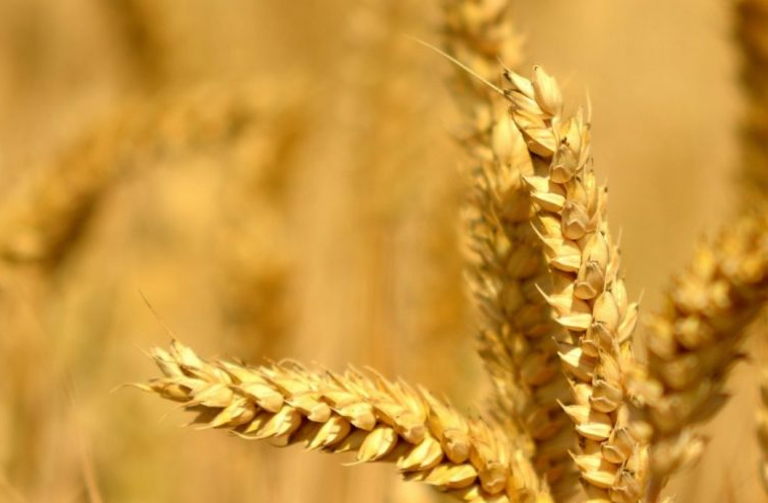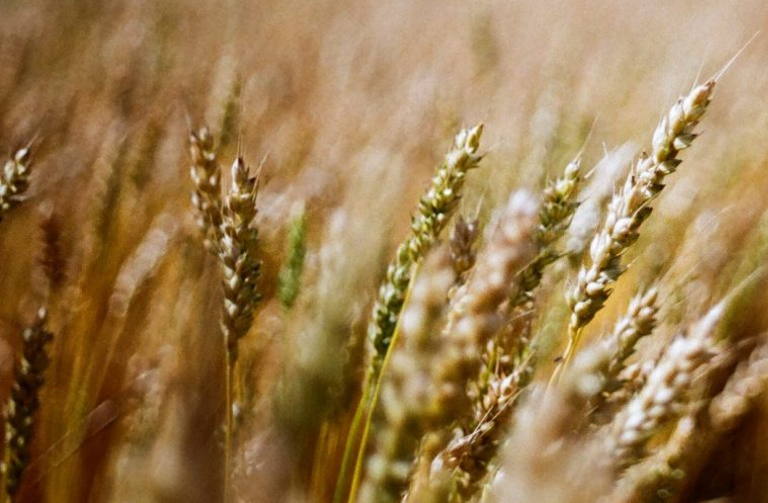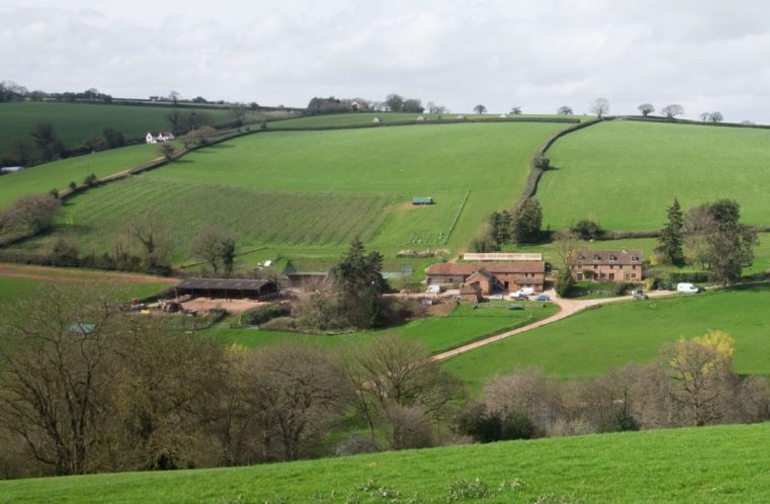Steph Wetherell coordinates Bristol Food Producers, an organisation that is working to increase local food production across the city by supporting local farmers and producers access new markets and skills. She is also co-executive director of the Real Economy, a food cooperative that is committed to sourcing food directly from local producers and providing access to good food across the city. With a background in farming, she is passionate about inspiring people to eat more local food and aims to connect people to where their food come from by telling the stories of local producers through her website, The Locavore. She also writes for several print and online platforms such as the Ernest Journal and Walnut Magazine on issues around food, farming and alternative living.
The Future of Wheat
“It’s important that we take care to do things right, not to rush, and to make sure that the power in these new economies is equitable, There is always the danger of re-building the old system and re-commodifying these precious seeds.”
January 8, 2020
A Brief History of Wheat
Most of us eat grains every day – in bread, cereals, biscuits or pasta. In recent years, with gluten intolerance on the rise, wheat has been getting bad press. But how much do you know about this grain that forms such a significant part of our diet, and how has the wheat we eat changed over the centuries?
November 27, 2019
Stream Farm – A New Model for New Entrants
With the average age of a UK farmer at 59, we have never been more in need of a new generation of farmers. How can we help support more new entrants? I met with James Odgers to find out about the exciting concept that Stream Farm is developing through their innovative ‘share farming’ model.
December 21, 2018
Sustainable School Dinners: What we Should Know
In the home, you have control over what your children eat and where it comes from. But when they go off to school, how much say do you have over their lunch? As a minimum, are their meals being made from scratch using fresh ingredients? And if they are, are the vegetables they are eating seasonal? Is the meat raised to high welfare standards?
April 6, 2018
Eating your Values: Five Questions to Ask your Butcher
Many of us would like to shop ethically and in line with our values when it comes to buying meat. But while this might sound like a simple thing to do, in practice it can be a complicated web of labels, terminology and increasing confusion.
January 16, 2018
Mushroom Foraging with Go Foraging
After initially helping teach walks for other foragers and loving the experience, Martin started his own company. “I set up Go Foraging in spring 2014,” he tells me. As well as the mushroom walks, he teaches plant and coastal walks. “With foraging you move with the seasons to where there is the most abundance. Autumn is about the woodlands, then I do plant walks late winter into early spring and move to the coast in the summer.”
October 26, 2017







